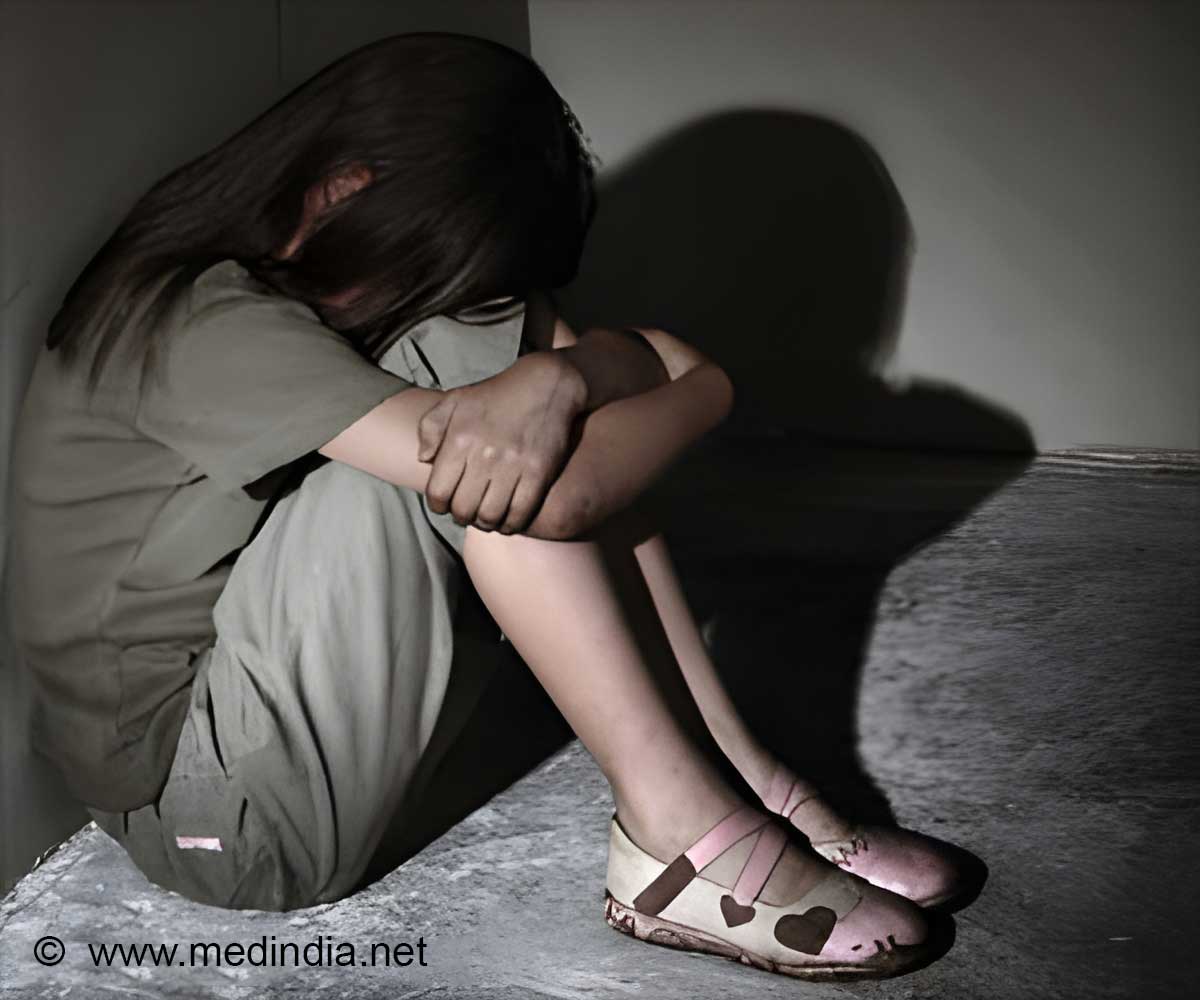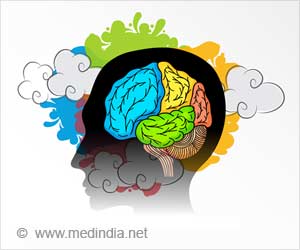
The study aimed to investigate how early childhood experiences relate to different developmental pathways and how they might be associated with poor mental health.
Researchers believe that our ability to adapt to unexpected scenarios might influence mental health since both negative and positive childhood experiences were found to manifest as anxiety or other mental health disorders in adulthood.
Studies show that around 50% of Australia's population will experience mental illness at some point in their lives, with 314,000 of them estimated to be children aged 4-11 (14%). The national expenditure on mental health-related services is estimated at $9.9 billion or about $400 per person.
Findings showed that children growing up in stable and supportive environments were also at risk of experiencing anxiety symptoms in adulthood while also affirming that people with adverse and unpredictable life experiences in childhood had elevated symptoms of poor mental health.
Lead researcher, Bianca Kahl, explains that since the study highlights the haphazard nature of mental illness and reveals key insights about potential risk factors for all children, it's important to extend our knowledge of this complex and varied condition.
"This research shows that early life events do not solely determine mental health conditions and that a child who is raised in a happy home could still grow up to have a mental health disorder,” Kahl adds.
"There's certainly some missing factors in understanding how our childhood environment and early life experiences might translate into mental health outcomes in adulthood.”
The authors suspect that our expectations about our environments and our ability to adapt to scenarios when our expectations are not being met may influence our experiences of distress.
Kahl explains that if, as children, we learn how to adapt to change and to cope when things don't go our way, we may to respond to stress and other risk factors for poor mental health better.
Source-Medindia














